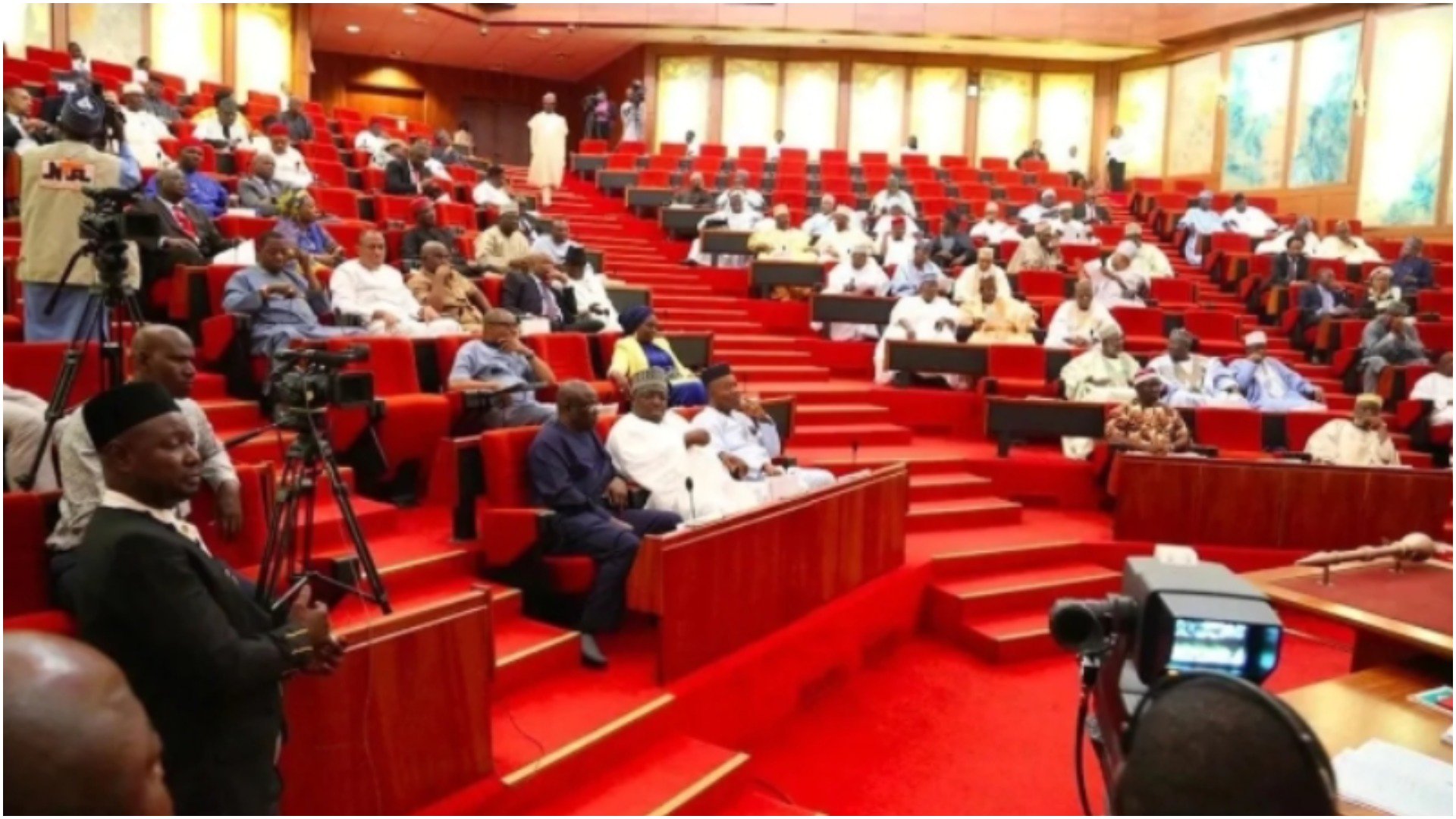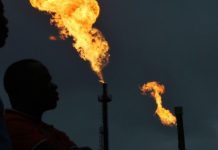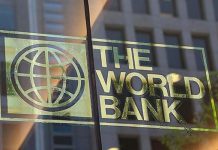The House of Representatives has expressed concern about the huge financial loss the nation is incurring as a result of gas flaring by oil companies operating in the Niger Delta and has directed its committees to investigate the loss and report back to the House.
The House said it was unfortunate that few weeks to 2020 target to end gas flaring in the country, there is nothing concrete on ground to suggest that gas flaring will stop.
The House expressed concern about the huge financial loss to the nation, stressing that while the country was looking for money to fund its annual budget thereby resorting to borrowing; a lot of resources was being wasted through gas flaring, while oil companies in the Niger Delta have failed to implement extant laws.
The resolution was arrived at as a result of a motion sponsored by Hon. Ben Rolland Igbakpa (PDP, Delta) drawing the attention of the House to the hazard being faced by communities in the Niger Delta as a result of gas flaring as well as the huge financial loss to the nation.
He also drew the attention of the House to the fact that flaring of natural gas around the world contributes immensely to the scourge of climate change, with over 350 million tons of emissions each year.
He disclosed that as a result of the recent United Nations summit on climate change which held in New York was pursuant to a consistent global action plan to end gas flaring by 2030, Nigeria is now a signatory to the Global Gas Flaring Reduction Partnership (GGFR), setting for herself a 2020 deadline to end gas flaring.
He expressed concern that routine flaring of associated gas still goes on unabated in the Niger Delta area thereby posing severe environmental and health hazards to the people of the area.
According to him, pollution related to gas flaring has been linked to cancer of the lung and other neurological and reproductive illnesses in the Niger Delta, adding that gas flares are destroying crops and polluting the waters as well.
He said further that an estimated 2 million people live within 4 kilometers (2.5 miles) of a gas flares in the Delta region, adding that “during the rainy season, the rain water is visibly black and in Port Harcourt and Warri for example, there were days of dark clouds hanging in the sky, so that noon may look like evening time.”
He said further that aside the environmental and health risks posed by flaring of associated gas, gas ‘flaring amounts to burning money and wasting of resources as the methane or the combusted type which is flared can be monetized as a revenue earner for Nigeria, as is now obtainable elsewhere.
He informed the House that small Gas to Liquid (GTL) units are now an attractive option globally for monetizing associated petroleum gas which would otherwise have been flared, adding that a World Bank Report estimated that about 50 billion dollars’ worth of gas are being wasted to flaring annually.
He stressed that with the use of modern technology, associated gas can be used to generate electricity and solve the nation’s power problem which has attracted huge investments.
He expressed concern that since year 2018 when President Muhammadu Buhari approved a legal framework called the Flare Gas (Prevention of Waste and Pollution) Regulations, 2018 aimed at reducing Green House Gas through gas flaring, nothing visible has been achieved in this direction.
He said in spite of the framework which provides the legal basis for implementation of the Nigeria Gas Flare Commercialization Programme (NGFCP), which prohibits flare, or vent of gas and imposes sanctions on defaulters, nothing concrete has been achieved to end gas flaring in Nigeria.







